Dir/scr. Christian Bauer.Ger-Can. 2004. 90mins.
The Ritchie Boys is the documentary ideal: at once a broad canvas andan intense personal journey, as rich in historical detail as it is in humanistresonance. The film profiles the experiences of several emigre German Jews whofled their nation during Hitler's 1930s rise to power and made their way to theUS, only to return to their country in the service of the US Army as keymembers of its psychological operations unit. Who better than a German, and ahighly motivated one, to fight the Nazis'
The title refers to CampRitchie, the base where this large and enthusiastic group were given theirfield training before being sent overseas to take part in D-Day and theultimate defeat of Hitler's Germany.
Packed with a mesmerisingintellectual and emotional heft, this is a film with potential well beyond aconventional TV release. A strong contender for an Academy Award nomination (itis one of the 12 shortlisted films), a victory at Oscar time will put itsquarely where it belongs with a multi-market theatrical release. Backed bystrong critical evaluations and driven by inevitable word of mouth the filmshould spin out to broad international distribution and lucrative ancillary.First premiered at the Hot Docs festival at Toronto in spring, it plays thePalm Springs Festival from Jan 6.
Through painstaking researchMunich-based director-writer Christian Bauer has assembled a remarkablecollection of subjects, many of them highly-cultivated who went on to pursuebrilliant careers in science, business and the arts. Each different from theother but each is a natural raconteur. Either alone or paired for maximumeffect, these elderly gentlemen are nothing short of a historian's brain trust.Their sharp-witted observations on military intelligence (an oxymoron would bethe consensus), human foibles and man's inhumanity to his fellow man make forone of the most soul-searing portraits of life during wartime.
The anecdotes range from thehilarious to the horrifying to the mordantly funny. One duo, best described asa comedy double-act, worked together debriefing German PoWs. Capitalising onthe Germans' fear of falling into Russian hands, one posed as a Russian liaisonofficer in a classic good cop-bad cop method of extracting information.Another, who spent his childhood in Paris, tells of his decision to drive witha group of army pals into the city before its official liberation by Frenchgeneral Charles de Gaulle. It's an intoxicating joy- ride that any viewer canrelish vicariously: four young heroes in a jeep and all of Paris wide open.
As good as his talking headsare, Bauer doesn't rely entirely on them. One of the Ritchie Boys went on tobecome a successful artist. In a brilliant piece of narrative framing, Bauerfollows him through his atelier as he executes a work inspired by hisexperience. As a lief motif it's a high-risk gambit, but the strength of theartwork and the power of the artist's reminiscence lifts the whole film tohigher plane. He describes the sensation of war - "When a body explodes all theinsides, all the shit flies out," he says, "If you just smell it you wouldbecome a pacifist."
Indeed, none of theinterview subjects shy away from the harsh facts of war, from thebowel-loosening fear to the liberation of skeletal PoWs and the horrors of theconcentration camps. One of the striking aspects of the piece is the absence ofany glorification of the military. Not surprising, given that a number ofRitchie Boys died at the hands of trigger-happy US soldiers, confused byGerman-accented brothers in arms.
More than anything, it'salso a testament to the tenacity of Bauer who first began researching hissubject 15 years ago, and returned to in 2000 after abandoning the projectthrough lack of funding.
Prod co: Tangram Films
Int'l sales: Alliance Atlantis
Prods: Dagmar Biller, Donna Zuckerbrot
Cine: Dietrich Mangold
Ed: David Kazala
Sound: Harald Stuckmann
Mus: Aaron Davis, John Lang




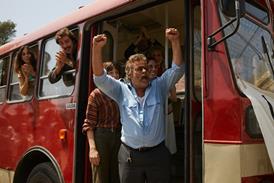
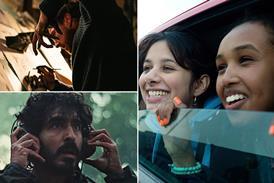

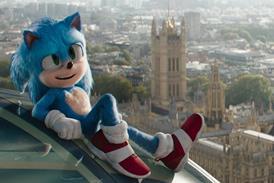




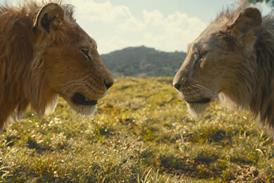
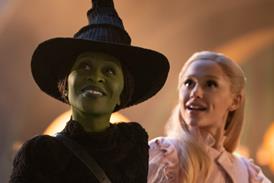
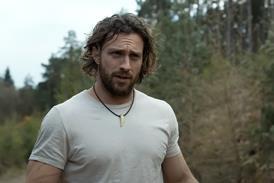
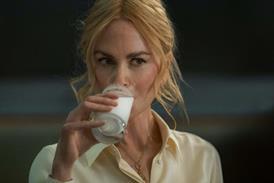


No comments yet